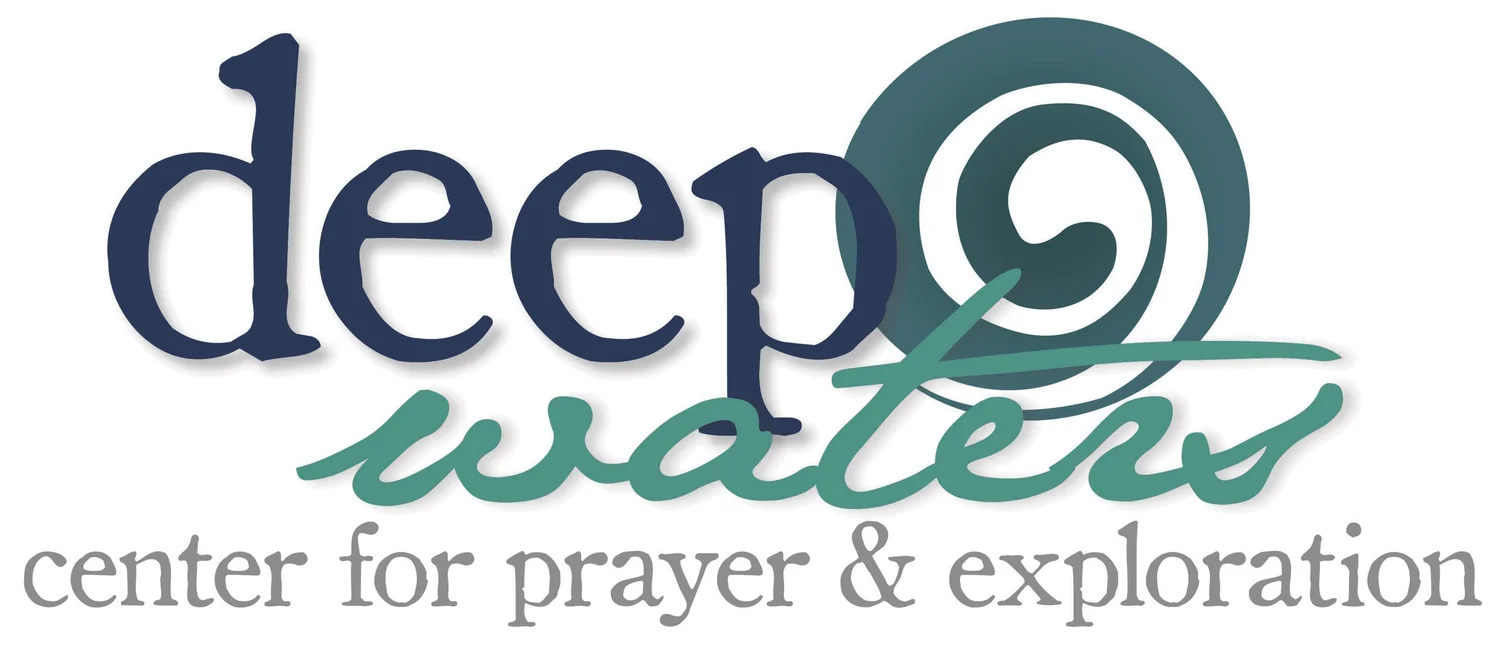Welcoming Doubt and Disillusionment
/My husband looked over at my screen and asked “Agnostics Anonymous . . . what’s that about?”
In my journey as a person of faith, pastor and now spiritual director, I have had the opportunity to welcome all the wonderful questions and doubts that are part and parcel of being human. Is there a God, and if so, what is God like? Why am I here? If there’s a good God, why is there so much injustice and suffering? Is the Bible true? What do we make of a crucified and risen Jesus? What is prayer? How do I discern God’s will?
On the whole, it has been natural for me to welcome others’ questions, doubt, and confusion about life and faith, because I have been the recipient of such grace myself. I remember the first time I took an in-depth Bible study in high school, and it raised all kinds of questions for me: Why are there two different creation accounts and four gospel narratives? What about dinosaurs and evolution? What about people born into other faith traditions? How does God seem to condone so much violence in the Old Testament, when Jesus was radically non-violent? If “accepting Jesus as My Lord and Savior” is what saves me, why does Jesus spend so much time teaching about things like wealth and service? What does it mean to be “saved” anyway?
Sometimes I thought my head and heart would explode. I would storm my youth pastor’s office demanding answers, proof, certainty. He would smile and say, “I don’t know, what do YOU think?”
I would retort: Don’t make me think! Just tell me what to believe. (I had this mistaken notion that faith was about believing the right things.)
He pointed out that loving God with all my heart and mind, all my soul and strength meant I might actually have to use my mind, instead of checking it at the door of the church.
This was both daunting and liberating. I loved that my questions and doubts were valued as a means of seeking God. After all, God created me with this incredible mind and heart, body and soul, all to be stretched to their fullest capacity for Love.
And stretched and stretched and stretched they have been! Every time I see or experience, learn or discover something new, I sense more deeply how much I do not know, will never know. But that’s part of it too . . . getting to the place where you can trust God in the not knowing.
I’m so thankful that when I first starting asking questions and expressing doubts, someone not only welcomed them, but celebrated them. AND he didn’t answer them for me, but instead set me on a lifelong expedition of seeking truth and love. I’ve sought and found wise and gracious spiritual guides ever since.
I realize not everyone has been so fortunate. Listening to other souls, I’ve been surprised and saddened over and over again how many people, when they’ve mustered the courage to express their own questions and doubts, have been met with fear and judgment. They’ve been taught they have to believe certain things in order to belong. Many have either suffered in silence, or had to make the heart-breaking decision to leave their community in order to hold onto their faith.
It’s no wonder so many people are leaving faith communities. Many have not been welcoming, fertile places to stretch and grow. For the first time ever (or since it’s been measured), membership in a faith community has slipped below 50% in the US.
I understand these numbers can be alarming. But it’s not the whole picture. Many of us grew up with the idea that believing in God meant going to church. But faith in God and faith in the institutional church are not one and the same; the conflation of the two can be a cherished, but dangerous idolatry.
While participation in traditional religious communities may be declining, spirituality is flourishing among Americans. Another broad, fascinating study of spirituality in America finds that more than 8 in 10 Americans describe themselves as spiritual, religious or both. People are hungry for connection, meaning and purpose, love and peace, and are seeking that beyond themselves, though they may use different language, tools and paths to get there. I find this so illuminating and hopeful.
What does all this have to do with Agnostics Anonymous?
I want to be intentional and up front about offering space for souls who come with questions and doubts, who are not sure what they believe and don’t believe, who are seeking connection with the Divine, but have become skeptical or disillusioned about institutional religion for a holy host of good reasons. I want all doubters and questioners, seekers and skeptics, mystics and mis-fits to be able to come out of the closet of fear and judgment, and see the size of the circle. I want us to share our stories of faith and doubt, of joy and pain, of religious oppression and liberation. I want us so see and hear, celebrate and grieve with each other, encourage one another in our mutual quests. And I want us to see all of that as part of stretching toward the Holy One, using the full capacity of the hearts and minds, bodies and souls gifted to us.
Still have your doubts? You’re invited to join us. I'm offering a group in June that specifically focuses on doubt as a critical part of faith. And of course, doubts and questions are welcome in spiritual direction, whether in a one-on-one conversation, small group, or retreat. I would love to welcome you, doubt and all.

